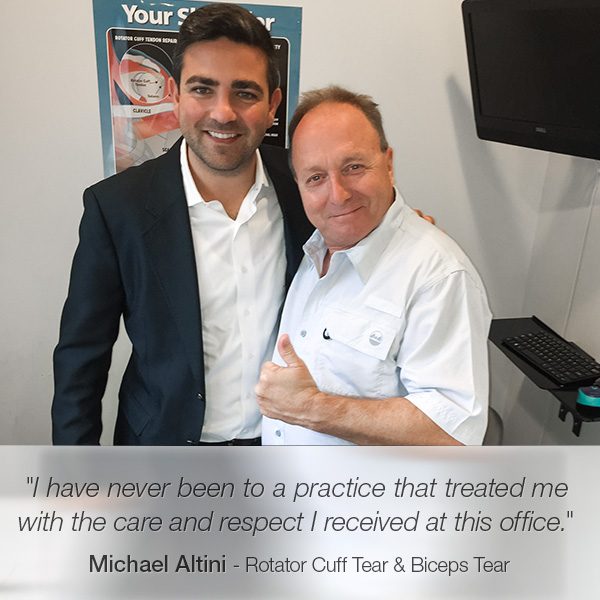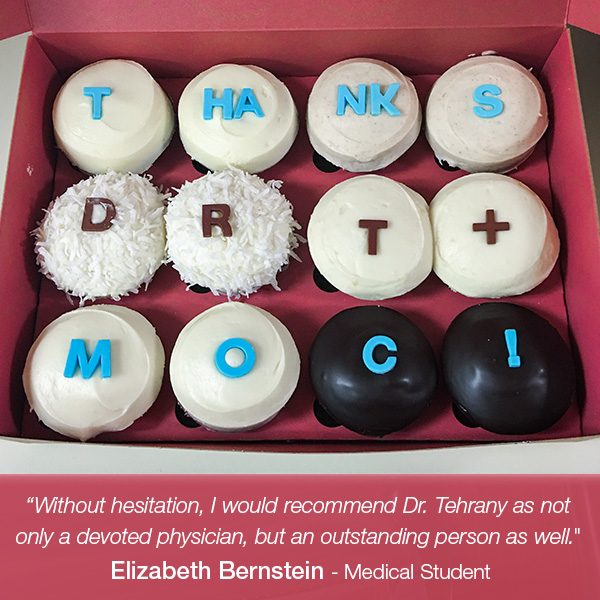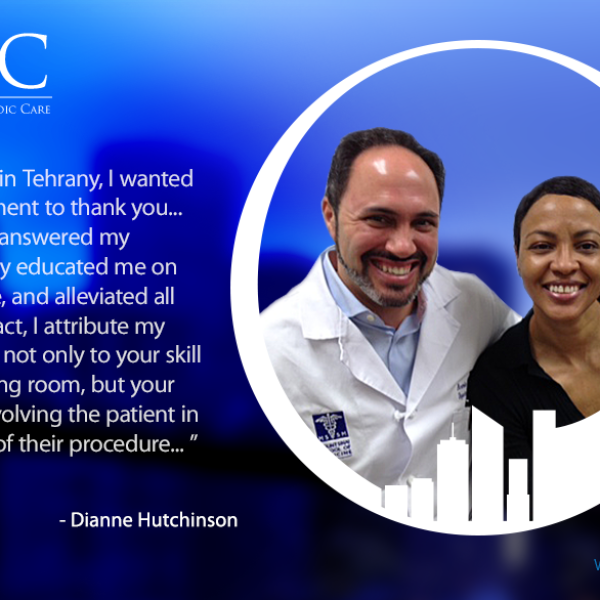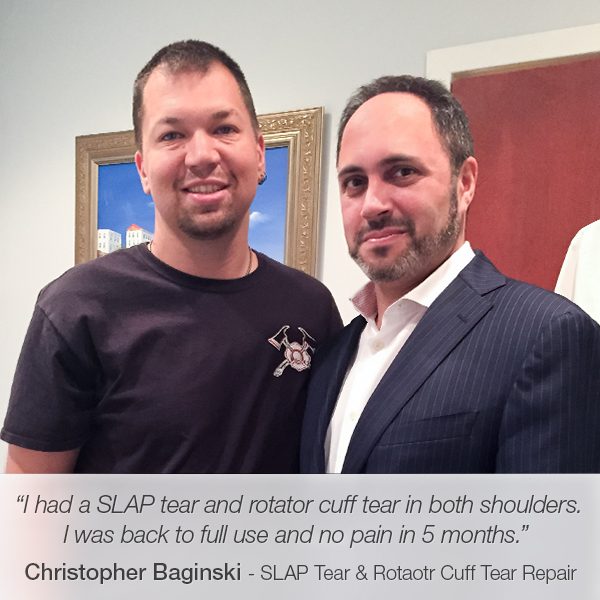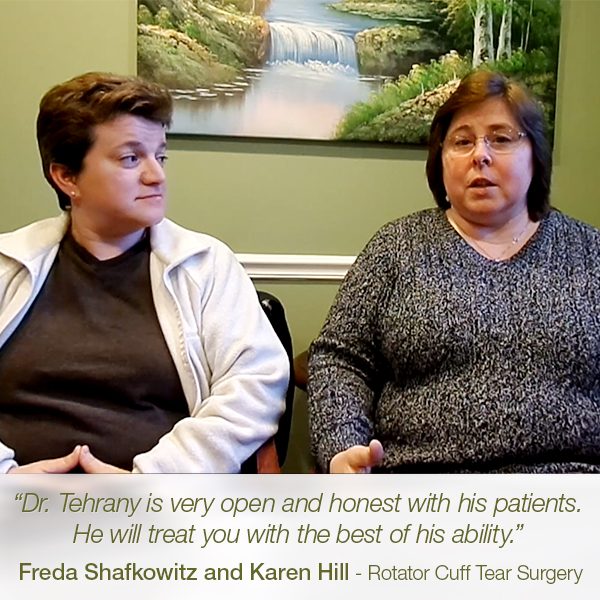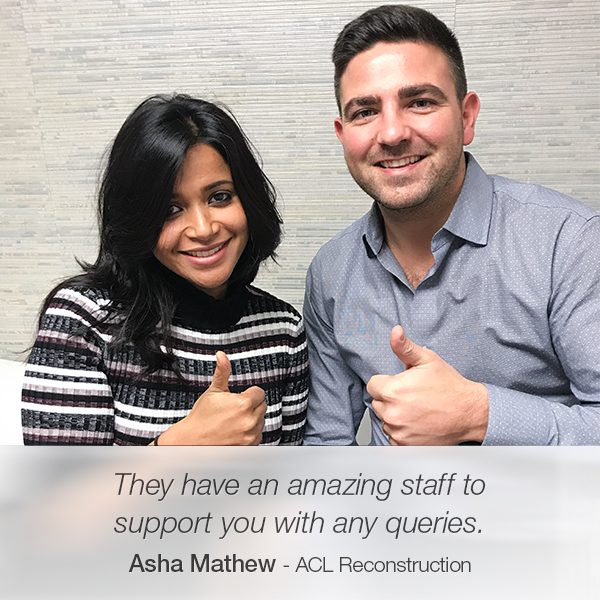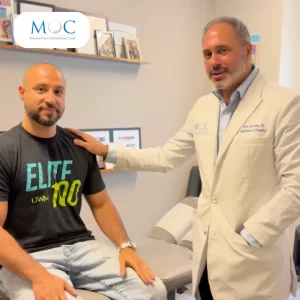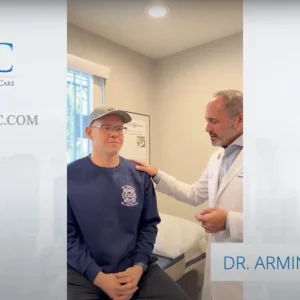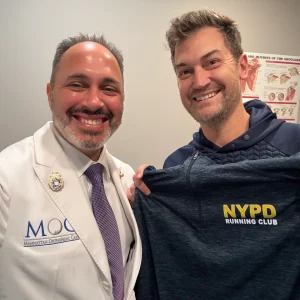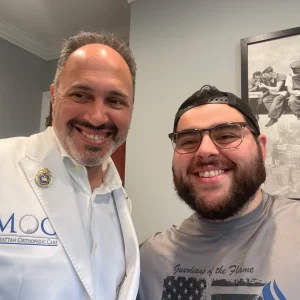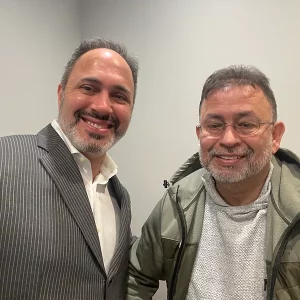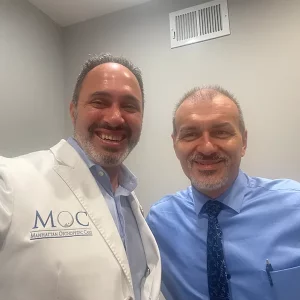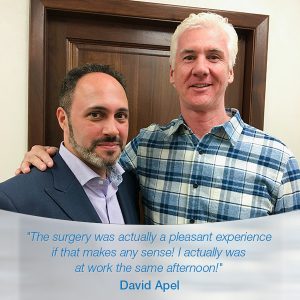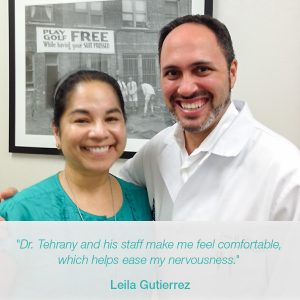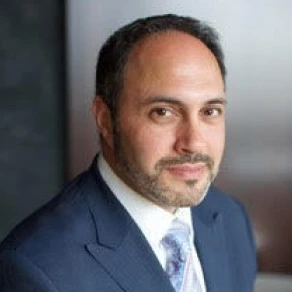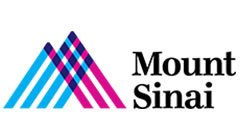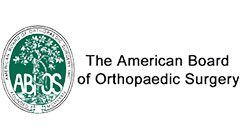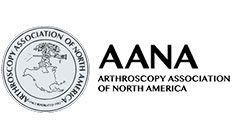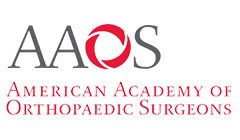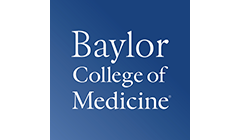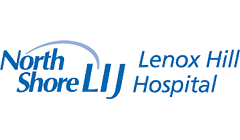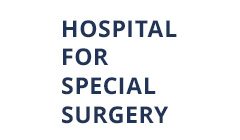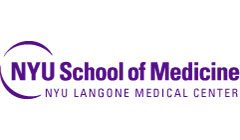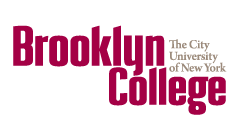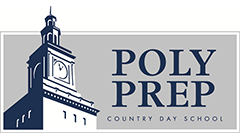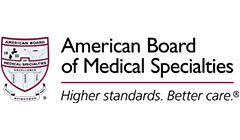Rotator Cuff Injuries NYC: What Are They?
A rotator cuff is a group of muscles and tendons that cover the head
of the humerus and hold it in the shoulder socket. When one or more rotator cuff tendons become damaged, the
shoulder
can become stiff, sore or can lose mobility. Rotator cuff Injuries in NYC are often caused by direct damage, such as
a
traumatic fall or repetitive overhead motions. They can also develop because of indirect causes such as impingement
or
shoulder imbalance.
Types of Rotator Cuff Injuries in NYC
Rotator cuff injuries come in many forms, typically involving
tendons
or muscles that help stabilize the shoulder joint. These injuries may stem from repetitive overhead movements,
accidents, or natural age-related wear and tear. The severity can range from mild inflammation to complete tears,
making daily tasks difficult and painful if left untreated. Recognizing the primary types of rotator cuff injuries
is
crucial for receiving proper care.
Shoulder Impingement
Shoulder impingement occurs when the space under the acromion is
so
small that the supraspinatus tendon and bursa (a type of lubricating tissue) pinch whenever the arm is raised
forward.
If impingement happens repetitively, the bursa and supraspinatus tendon may become swollen. This is called
chronic
impingement syndrome.
Joint Imbalance
Joint imbalance occurs when the rotator cuff tendons or shoulder
muscles are stretched or weakened from misuse, allowing the unstable joint to slide forward. Imbalance can often
result from overhead arm motions that are common in many sports, such as serving in tennis and throwing in
baseball.
Rotator Cuff Tears
Rotator cuff tears involve partial or complete tears of the
tendons
connecting muscle to bone. This injury often causes persistent pain, muscle weakness, and difficulty lifting or
rotating the arm, requiring timely medical attention.
Popped Rotator Cuff
A popped rotator cuff refers to a sudden, noticeable injury
marked by
an immediate sensation or sound. It often indicates a severe tear or separation within the tendons, causing
immediate
pain, reduced mobility, and possible swelling or bruising.
Rotator Cuff Tear Symptoms
Rotator cuff microtear symptoms may include pain in the shoulder
that
worsens when the arm is lifted. Sometimes, a grinding or popping sound is heard when the arm is moved. Severe tears
may make it impossible to lift the arm at all. The level of pain associated with this injury depends on the type of
tear and the patient (some patients feel more pain than others). The pain can even interrupt sleep.
Causes of Rotator Cuff Injuries
The shoulder’s ability to move freely depends on a healthy rotator
cuff. Injuries in this area can arise from various factors, impacting daily activities and sports performance. They
may develop suddenly after trauma or gradually from overuse. Recognizing the underlying causes is key to early
intervention, effective management, and restoring optimal shoulder function.
Overuse and Repetitive Stress
Repeated overhead movements in sports or daily activities strain
the
rotator cuff. Prolonged stress can weaken or inflame the tendons, increasing the likelihood of tears and
persistent
shoulder problems.
Traumatic Injury
A sudden impact or force—such as a fall or collision—can rupture
rotator cuff tendons. This typically results in immediate pain, pronounced weakness, and diminished shoulder
function
during everyday tasks.
Degenerative Changes
Age-related wear gradually weakens blood supply and tendon
fibers. As
these changes evolve, the rotator cuff becomes more susceptible to tears, leading to ongoing discomfort and
decreased
range of motion.
Poor Posture and Biomechanics
Misaligned shoulders or repetitive strain can disrupt normal
movement
patterns. These imbalances create added tension on rotator cuff tendons, heightening the risk of injury and
long-term
shoulder complications.
Rotator Cuff Injury Treatment NYC
Treatment will vary depending on the amount of damage. Partial tears
may be treated with non-surgical techniques. These can include rest, physical therapy, and injections of steroids or
other medications that promote healing. In cases of complete tears or partial tears that do not respond to
non-surgical treatments, rotator cuff surgery may be required.
Rotator Cuff Injury Therapy
Many partial rotator cuff tears can be managed without surgery.
Options often include rest, activity modification, physical therapy exercises, and anti-inflammatory medications
to
relieve pain and inflammation. Corticosteroid injections may also provide relief by easing swelling. These
non-invasive measures help strengthen the shoulder, support tissue healing, and allow most individuals to regain
normal function and mobility within 4-6 weeks.
Rotator Cuff Injury Surgery
Surgery is often recommended when tears are complete or do not
improve
with conservative measures. Arthroscopic repair involves trimming frayed edges and securing torn tendons back to
bone.
In some cases, more advanced procedures, like tendon transfers, are required. Postoperative rehabilitation
includes
structured physical therapy to restore strength, flexibility, and function after surgical repair, ensuring
optimal
recovery.
Potential Risks of Rotator Cuff Injury Treatments
Potential risks vary based on the type of treatment. Non-surgical
methods may involve medication side effects or inadequate healing if therapy isn’t followed correctly. Surgical
procedures carry risks such as infection, nerve damage, blood clots, stiffness, and tendon re-tears. While these
complications are uncommon, careful preoperative planning and postoperative care significantly help reduce their
impact.
Recovery From Rotator Cuff Injury Treatment
Recovery from rotator cuff injuries generally involves a gradual
rehabilitation plan focused on restoring strength, flexibility, and stability in the shoulder. Early stages may
include gentle range-of-motion exercises to alleviate stiffness and pain, allowing for a safe return to normal daily
activities such as dressing, cooking, and light lifting. As healing progresses, more demanding tasks and
strength-building exercises are introduced. Full recovery for sports, particularly those involving overhead
movements,
can take several months. Consistent physical therapy, proper rest, and adherence to medical advice are crucial for
maximizing outcomes, minimizing pain, and reducing the risk of future injuries.
Manhattan Orthopedic Care: Best Solutions for
Rotator
Cuff Injuries NYC
At Manhattan Orthopedic Care, Dr. Tehrany, a board-certified
orthopedic doctor and surgeon, focuses on advanced and evidence-based rotator cuff treatments to restore shoulder
health for both athletes and everyday individuals. With specialized techniques, he helps patients return to their
preferred activities as quickly and safely as possible. His compassionate approach, combined with extensive
experience, ensures optimal outcomes, pain relief and improved long-term function.
- Expert use of minimally invasive arthroscopic techniques
- Comprehensive rehabilitation support for faster recovery
- State-of-the-art facilities in Manhattan and Staten Island
FAQs
What are the first signs of a rotator cuff tear?
Common signs include shoulder pain when lifting the arm,
weakness in
the shoulder, and limited range of motion. Pain may worsen at night or during overhead activities and routine
tasks.
Can a rotator cuff tear heal on its own without surgery?
Sometimes partial tears can heal naturally with rest, physical
therapy, and noninvasive treatments. However, full-thickness tears or severe injuries often require surgical
intervention for proper tendon reattachment and successful recovery.
How can patients actively participate in preventing future
rotator cuff injuries?
Patients can prevent future rotator cuff injuries by engaging in
consistent, regular shoulder-strengthening exercises, maintaining proper posture, gradually increasing activity
levels, and following guidance from healthcare professionals for safe movement.
Contact Dr. Tehrany for Expert Care
Ready for a pain-free future? Book your consultation with Dr.
Tehrany
now and step confidently toward restored shoulder strength and freedom.










